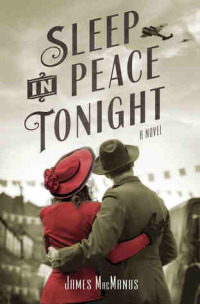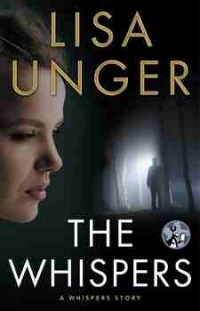Belfast Noir by Adrian McKinty and Stuart Neville (eds.)
 Monday, November 3, 2014 at 8:10AM
Monday, November 3, 2014 at 8:10AM 
Published by Akashic Books on November 4, 2014
I don't know if Belfast is the noirest city on Earth, as the introduction to Belfast Noir claims -- surely Berlin provides strong competition -- but many of the Belfast-based stories collected here are fine examples of noir. Not all of the stories are dark, but the collection establishes Belfast as a fertile setting for crime fiction.
The Troubles and their continuing impact on life and culture in Belfast provide a background for many of the stories. Phrases like "wearing more jewellery than a Turf Lodge wide boy after a ram-raid at Lunn's" can make a Belfast story difficult to follow for readers who are unfamiliar with the city and its linguistic twists, but the local color (mostly gray as neutral ground between the hues of competing flags) shines through.
Some of the stories are true noir that showcase true writing talent:
The missing-presumed-dead father in Ian McDonald's "The Reservoir" returns to Belfast for his daughter's wedding and to confront the man who shot him. In Brian McGilloway's "The Undertaking," a wry story of crime gone awry, the undertaker of choice for Belfast's organized criminals is recruited to drive a hearse carrying a coffin bearing unknown cargo. A PI rescues a hooker and takes on a London crime boss who has designs on Belfast in Sam Millar's "Out of Time."
Murder, blackmail, and a wealthy man's dalliance with a teenage prostitute provide the ingredients for a juicy but dangerous story for a crime reporter in Garbhan Downey's "Die Like a Rat." The only noir story about dog fighting I've ever seen (a difficult but ultimately satisfying read for dog lovers) is "Pure Game" by Arlene Hunt. Alex Barclay wins the award for best prose in "The Reveller," a story of a son seeking revenge for his father's murder.
These stories are a little less noir but they are nevertheless excellent:
Lee Child's "Wet With Raid" is an audacious story of a dirty American agent who travels to Belfast to conduct dirty business. A barrister in Steve Cavanagh's "The Grey" defends a salty old con artist who claims to be innocent of a murder committed 30 years earlier. Perhaps the most unusual story in the collection, Eion McNamee's "Corpse Flowers" is told from the perspectives captured by surveillance cameras.
Two exceptional works are psychological profiles set against a background of crime:
Ruth Dudley Edwards' chilling "Taking It Serious" is about a mentally disturbed teen, his loving mum, the hidden secrets of his family, and the legacy of the IRA. In "Ligature," Gerard Brennan gets inside the tormented head of a troubled girl who does everything she can to get outside of her own head while she's locked up in a juvenile jail.
One story is just plain funny, proving that humor can be found everywhere, even in Belfast:
Claire McGowan's "Rosie Gant's Finger" features a boy detective of mixed religious heritage whose office is his mother's living room. He pedals his ten-speed to solve the mystery of a missing girl who got involved with a Belfast hoodlum.
Not so noir but still reasonably interesting stories:
Fascinated by the young woman who took up with her high school Spanish teacher, a student in Lucy Caldwell's "Poison" tries to give life to a fantasy. In the story I liked the least, Glenn Patterson's "Belfast Punk Rep," a writer explores the death of punk in Belfast by interviewing a prisoner. Even that story, however, isn't bad.
In fact, there isn't a bad story in the book.
RECOMMENDED



